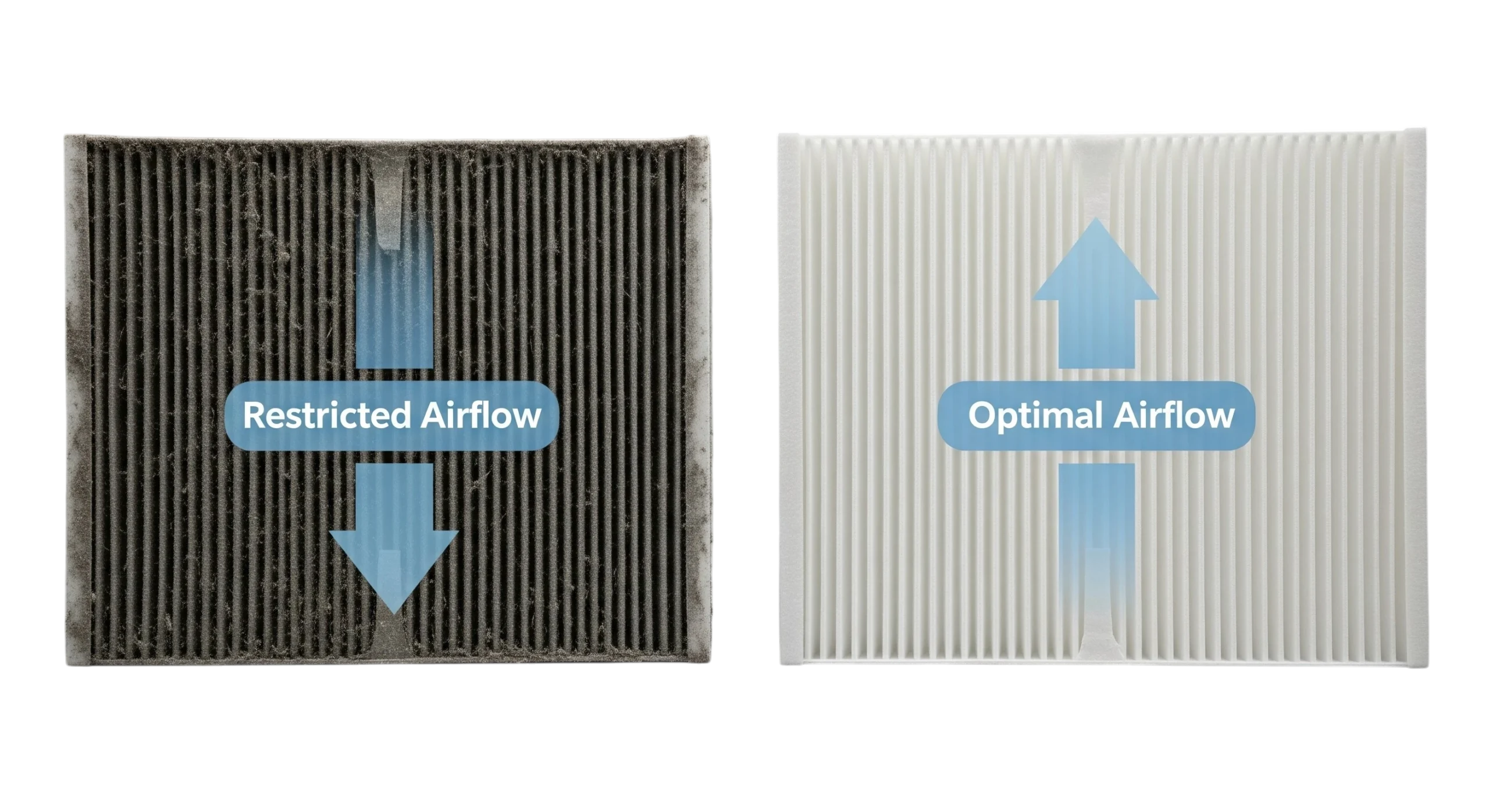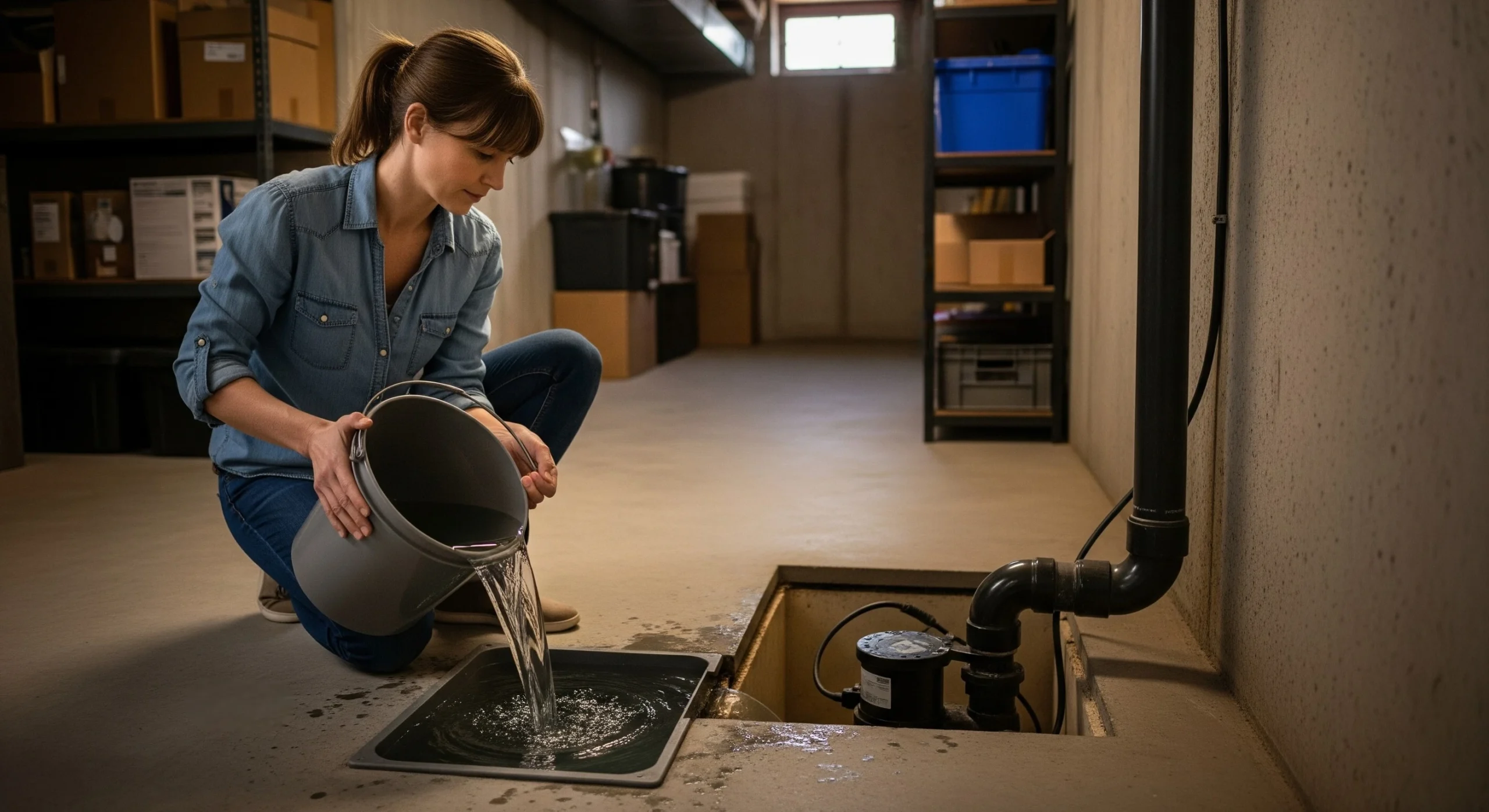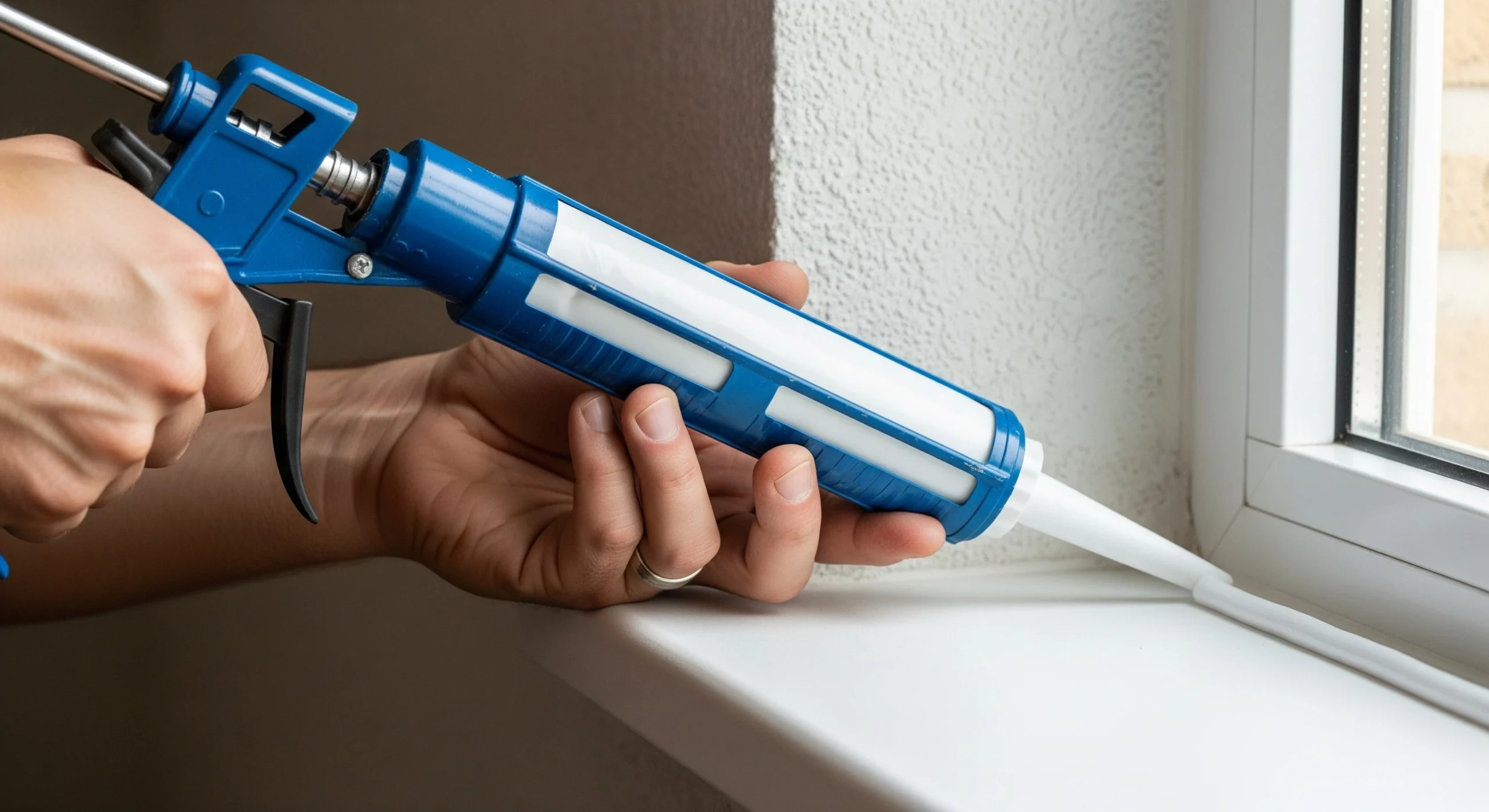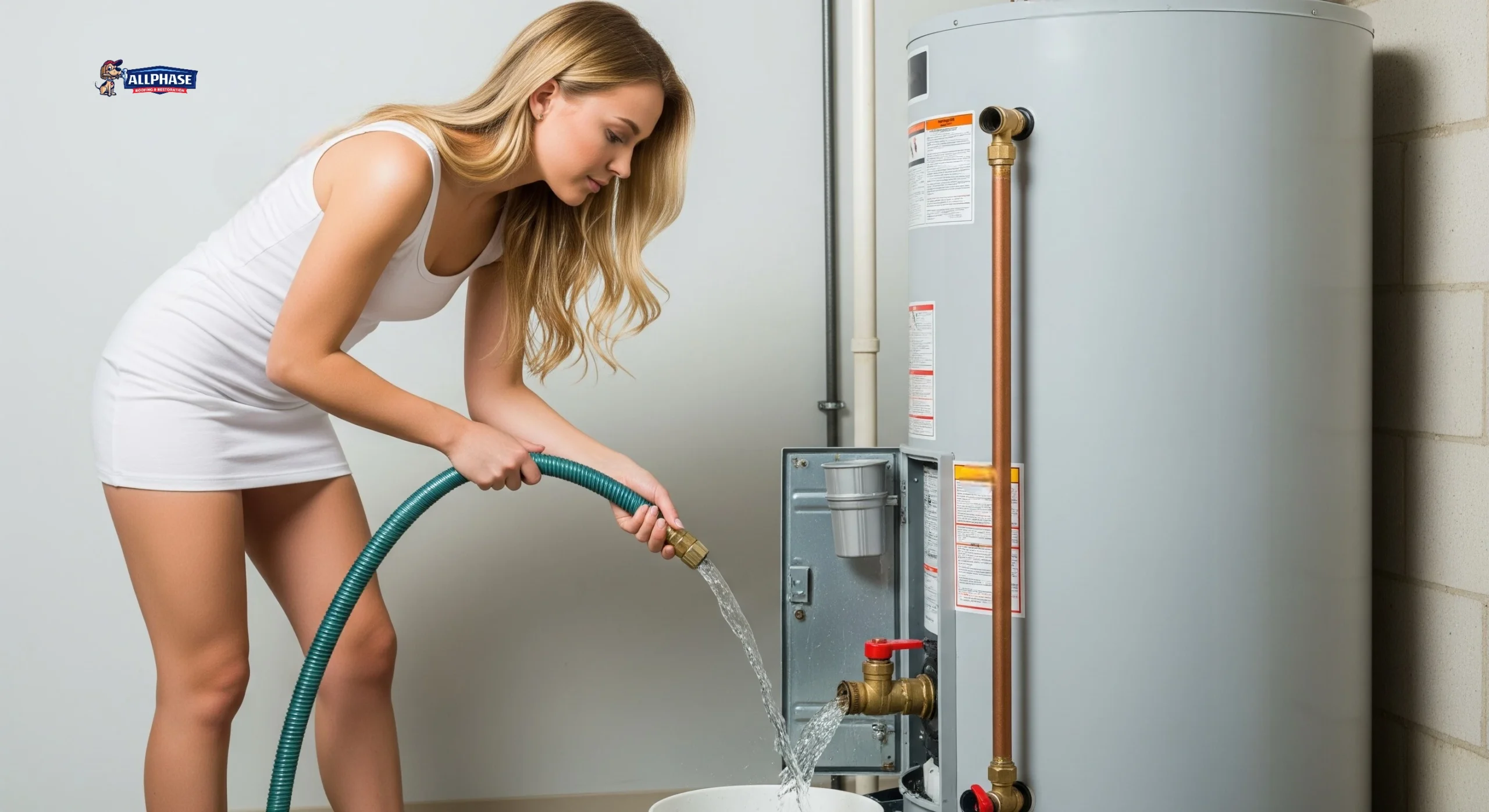
Let’s face it: most of us don’t think about home maintenance until something breaks. A leak here, a weird noise there, and suddenly you’re looking at a repair bill that makes your stomach turn. But here’s the truth no one really talks about: some of the most costly home repairs can be avoided with a few ridiculously simple habits.
Seriously. You don’t need to be a DIY pro or have a full toolbox in the garage. You just need to know what to keep an eye on and when. These are the small wins that stack up to big savings. Ready to see what you might be missing?
1. Gutter Cleaning: The Boring Task That Saves Thousands

Yeah, it’s not glamorous. But clogged gutters are a disaster waiting to happen. When water can’t flow properly, it backs up. That can mean roof leaks, foundation cracks, and a whole lot of water damage you never saw coming.
Cleaning them out twice a year—typically in spring and fall—is enough to keep things flowing smoothly. And if you want to make life easier, consider installing gutter guards to cut back on the gunk.
2. Check the Roof (It’s More Than Just Shingles)

When people think “roof,” they usually imagine the shingles. But your roof is more than just the outer layer. There’s flashing, fascia, soffits, vents, and more. These parts work together to keep your home dry and well-insulated.
Take a walk around your house after a storm. Just look up. Do you see anything sagging, peeling, or out of place? That’s your sign. Even better, learn the basics of what makes up your roof so you can spot trouble before it turns into damage. This breakdown of roof parts is a great place to start.
3. Swap Out HVAC Filters (Don’t Let Dust Win)

Your heating and cooling system is basically the lungs of your home. And when the filter’s dirty, your system has to work harder just to breathe.
Clean filters mean cleaner air, lower energy bills, and fewer repairs in the long run. It takes five minutes. Just pop in a new one every month or two (or three, if you have a super-efficient system and no pets).
Set a reminder on your phone. Your wallet will thank you.
4. Test That Sump Pump (Before It Rains)

A flooded basement is a nightmare. And while you might think your sump pump is ready to handle anything, it’s not something you want to test in the middle of a thunderstorm.
Pour a bucket of water into the sump pit and see if it kicks on. If it doesn’t? Time to troubleshoot or call a pro. Checking it every few months gives you peace of mind, especially when storm season rolls in.
5. Caulk Your Windows (It’s Easier Than You Think)

Tiny gaps around your windows might not seem like a big deal, but they let air (and money) slip right out of your house. That draft you feel in winter? That’s your heating bill creeping up.
A $5 tube of caulk and 30 minutes of your time can fix it. Walk around your house, look for any cracks or openings around windows and doors, and seal them up. Your energy bill will drop, and your house will feel more comfortable year-round.
6. Don’t Ignore the Attic

When’s the last time you checked your attic? If you’re like most people, it’s probably been a while (or never).
But this is where a lot of bigger issues can start. Poor ventilation leads to moisture buildup, which can damage your roof, your insulation, and even cause mold. And speaking of big issues, knowing what’s going on up there can help you avoid something major down the line, like a full roof replacement. Understanding the warning signs early means you can fix small problems before they turn into expensive ones.
Head up there once or twice a year. Is it unusually hot? Is the insulation damp? Any weird smells? These are red flags. Keeping your attic healthy helps extend your roof’s life and keeps energy costs down.
7. Flush Your Water Heater (Seriously, Just Do It)

Over time, sediment builds up in your water heater. That makes it work harder and shortens its lifespan.
You don’t have to drain the whole tank, just flushing out a few gallons once or twice a year helps get rid of the gunk. Your hot showers will last longer, and you won’t be shelling out for a replacement anytime soon.
One Hour a Month = Huge Savings
That’s it. Nothing here is crazy. Nothing takes more than 30 minutes (except maybe the attic, depends on how many spider webs you’re willing to face). But together, these small tasks protect the biggest investment most of us will ever make.
Think about it: would you rather spend $20 and an hour of your time… or thousands fixing a problem that snowballed because it went unnoticed?
You’ve got this.
